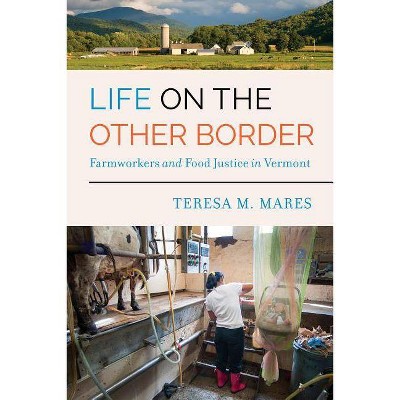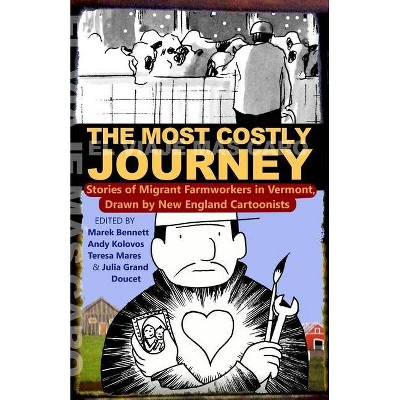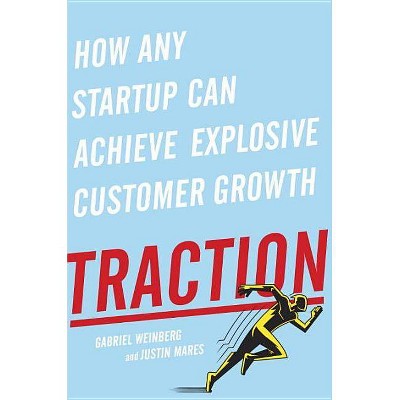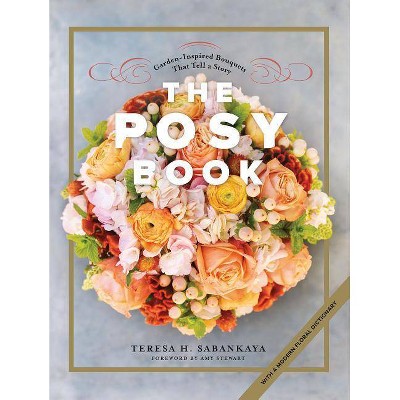Life on the Other Border - by Teresa M Mares (Hardcover)

Similar Products
Products of same category from the store
AllProduct info
<p/><br></br><p><b> About the Book </b></p></br></br>Life on the other border: farmworkers and food justice in Vermont "argues that structural vulnerabilities and multiple forms of violence conspire to leave farmworkers in Vermont's dairy industry never fully satiated with their sustenance or their living conditions, even as their labor contributes to the livelihoods of farmers and the wellbeing of consumers across the food chain. Vermont is seen as an agrarian utopia where socially responsible brands like Ben and Jerry's and Cabot Cheese have flourished and where the food movement has taken hold of the consumer imaginary and purchasing power. Within this supposed agrarian utopia, migrant workers working and living in the state's shadow worlds to sustain industrial food production continue to experience everyday marginalization, discrimination, and struggles in accessing their basic needs. Building upon more than six years of ethnographic research, The Other Border challenges our understanding of border life as it explores the intersections of structural vulnerability, food insecurity, and everyday resilience in the lives of migrant farmworkers in the northeastern borderlands of the U.S. This book presents a dynamic ethnographic portrait of the Latino/a farmworkers who labor in Vermont's dairy industry, illuminating the complex and resilient ways they sustain themselves and their families as they uphold the state's agricultural economy. The Other Border examines how the broader movements for food justice and labor rights play out in an agricultural sector where systemic inequality is continually reproduced by the demands of an industrialized food system and the contradictions of racialized and misaligned agriculture and immigration policies"--Provided by publisher.<p/><br></br><p><b> Book Synopsis </b></p></br></br>In her timely new book, Teresa M. Mares explores the intersections of structural vulnerability and food insecurity experienced by migrant farmworkers in the northeastern borderlands of the United States. Through ethnographic portraits of Latinx farmworkers who labor in Vermont's dairy industry, Mares powerfully illuminates the complex and resilient ways workers sustain themselves and their families while also serving as the backbone of the state's agricultural economy. In doing so, <i>Life on the Other Border </i>exposes how broader movements for food justice and labor rights play out in the agricultural sector, and powerfully points to the misaligned agriculture and immigration policies impacting our food system today.<br /><p/><br></br><p><b> From the Back Cover </b></p></br></br>"<i>Life on the Other Border</i> is at once a critical analysis of the inequities, fear, and invisibility experienced by dairy farmworkers in the picturesque landscape of Vermont and a compelling tribute to them. The individuals and families Teresa M. Mares introduces in this book inspire us toward a more truly just and equal society as they care for one another, advocate for fair treatment and policy, and provide us with the food that nourishes us."--Seth M. Holmes, author of <i>Fresh Fruit, Broken Bodies</i> <p/> "Mares reveals the multiple borders that Vermont immigrants contend with, applying border theory well beyond the familiar US-Mexico border. <i>Life on the Other Border</i> will be a revelation to many readers who think that border surveillance primarily affects the US-Mexico borderlands or who associate Vermont with a bucolic landscape full of family farmers and happy cows. Ultimately, she shows how Latinx immigrants have suffered for the dairy industry and why, against all odds, they have become the new leaders of farm worker justice in the United States."--Matt Garcia, author of <i>From the Jaws of Victory: The Triumph and Tragedy of Cesar Chavez and the Farm Worker Movement</i> <p/><i>"</i>This book breaks new ground by examining the intersections of the global food system, migration, gender, and food practices of resistance and resilience among Mexican and Central American farmworkers in Vermont. Most are undocumented workers and have to contend with their proximity to the Canadian border and the dangers of being arrested or even deported. This is a timely and highly significant ethnography."--Ellen Oxfeld, author of <i>Bitter and Sweet: Food, Meaning, and Modernity in Rural China</i><p/><br></br><p><b> Review Quotes </b></p></br></br><br>"The most significant contribution of the book is its artful balance of structural vulnerability and agency. . . . This is not just another tale of im/migrant worker woe--rather, we see how farmworker-led activism, and university-community partner- <br> ships, can make progress toward food justice, even in the oppressive context of the 'other' borderlands."-- "Anthropology of Work Review"<br><br>"[Mares] successfully conveys the importance and value that agricultural laborers bring to our food system, and how their identities are often erased from the consumer experience further down the value chain."-- "Journal of Agriculture, Food Systems, and Community Development"<br><br>"Mares's book contributes enormously to the fields of critical ethnography, borderland studies, and immigration studies, <br> and would be an excellent addition to any classroom or public discussion of labor rights and food justice."-- "Gastronomica"<br><p/><br></br><p><b> About the Author </b></p></br></br><b>Teresa M. Mares</b> is Associate Professor of Anthropology at the University of Vermont. <p/>
Price History
Price Archive shows prices from various stores, lets you see history and find the cheapest. There is no actual sale on the website. For all support, inquiry and suggestion messagescommunication@pricearchive.us



















